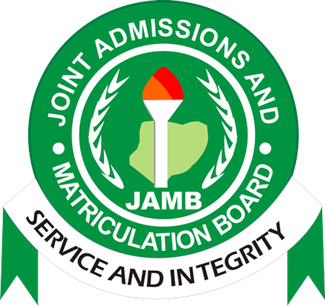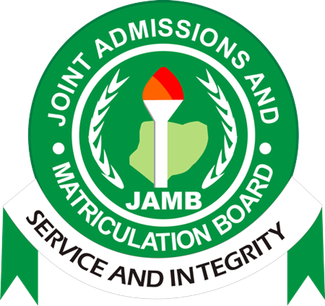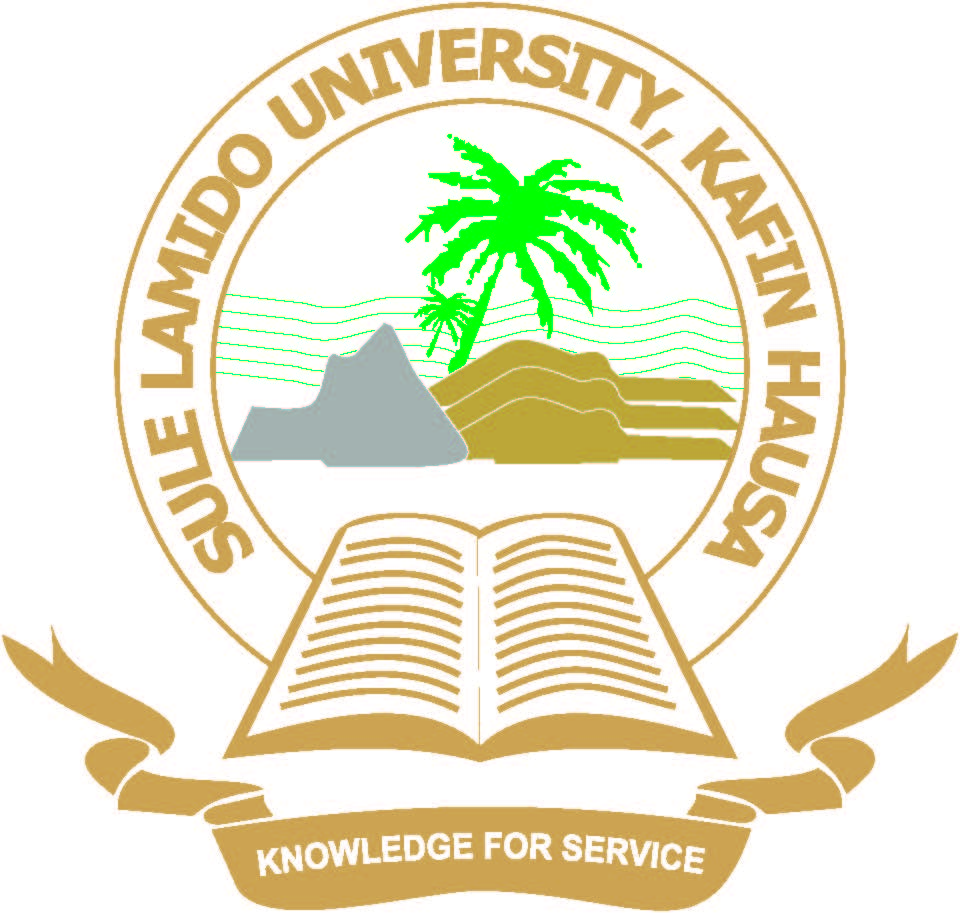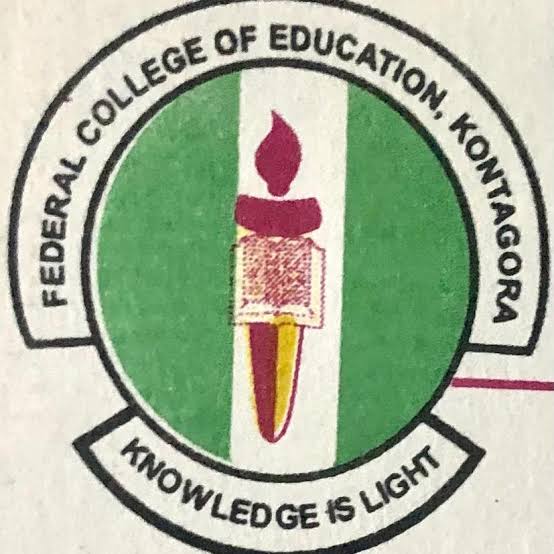JAMB Sets 16-Year Minimum Admission Age, Defines Criteria for Gifted Candidates


The Joint Admissions and Matriculation Board (JAMB) has announced that it will fully implement the minimum age requirement for admission into tertiary institutions in Nigeria, following the recent approval of the 16-year age limit by the National Council on Education (NCE).
During a press briefing, Minister of Education, Dr. Olatunji Alausa, discussed the outcomes of the Extraordinary National Council on Education (NCE) meeting held in Abuja last week, stating that the council had approved a policy setting 16 years as the minimum age for admission into tertiary institutions.
He further stated that JAMB has been assigned the responsibility of enforcing this new policy, with the authority to grant exceptions to certain candidates who must undergo an assessment by the board and achieve outstanding results.
He elaborated that integrating the 16-year minimum admission age policy into the NCE framework was essential to ensure consistency in entry requirements for tertiary education.
JAMB emphasized that the enforcement of this policy would be strictly upheld, but the NCE made provisions for exceptional candidates to receive exemptions if they are younger than 16, provided they attain an 80 percent score across four required examinations.
At a meeting with key stakeholders, JAMB registrar, Professor Is-haq Oloyede, stressed that gifted children must convincingly demonstrate their exceptional abilities.
The stakeholder meeting was attended by Chief External Examiners (CEEs), Chief Technical Advisors (CTAs), and members of the Equal Opportunity Group (EOG). Other attendees included Virtues Vanguard, Peace Monitors, High-Power Opinion Leaders, Civil Society and Mass Media, General Monitors, the Roving Group, and representatives from the Bwari Call Centre.
JAMB stated that the purpose of the meeting was to make preparations for the 2025 UTME registration, review past performances, and address concerns related to the upcoming 2025 UTME.
Oloyede clarified that the national minimum age for admission is 16, meaning that any candidate who is not yet 16 by September 2025 will not be eligible for admission.
“This is about complying with the law; age has a lot to do with maturity; in terms of what you do in life, age can’t be discarded.”
“Biological age has a lot to do with the development of intelligence. So many things have been said, but there are exceptions to the rule, and you must allow for such exceptions.”
“The Honourable Minister of Education stated clearly when he assumed office that the minimum age for admission would be 16, but we are also aware that there are gifted children and they are few in number. These gifted children can’t be dismissed like that. We will have to identify them and allow them to take the examination.”
“Now, the question is about identifying them. There are so many criteria to be considered; however, if you are below 16 and you’re exceptional.”
“First, your records must show that you’re exceptional. If you take the Unified Tertiary Matriculation Examination, for instance, and you score 200 out of 400, how do you call yourself an exceptional candidate, but if you score 80 percent of the mark, that has automatically given us a signal that, “Oh, this person is really exceptional.”
He further explained that an exceptional candidate must demonstrate outstanding performance in all aspects, not just in words, but by achieving at least 80 percent in any of the UTME, WAEC, Post-UTME, or GCE O/Level examinations.
The registrar also expressed concern that private universities often admit underage students, and in many cases, 80 percent of these students end up switching to other programs due to academic struggles.
He also noted that JAMB is aware of fraudulent practices by parents who manipulate their children’s ages for admission purposes and later request age reductions upon graduation to qualify for the one-year compulsory National Youth Service Corps (NYSC) program.
Additionally, JAMB has issued a warning to Computer-Based Test (CBT) centres, cautioning them against any form of exploitation during the ongoing 2025 Unified Tertiary Matriculation Examination (UTME) registration process.
The board reiterated its commitment to a cashless registration system and stated that severe penalties would be imposed on centres that violate this policy, which was introduced to eliminate unethical practices.
To ensure strict compliance, JAMB has implemented various surveillance strategies to protect candidates from exploitation.
With the cashless system in place, JAMB will collect the official registration fees on behalf of the CBT centres, along with UTME registration fees, and will disburse payments to the centres on a weekly basis.










